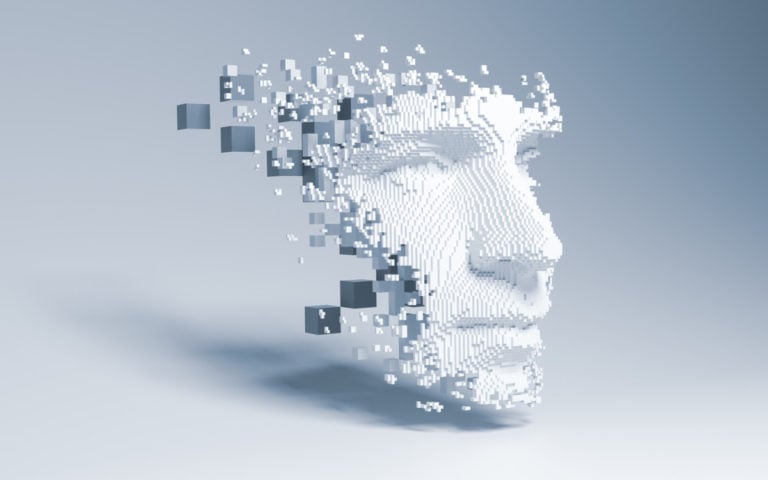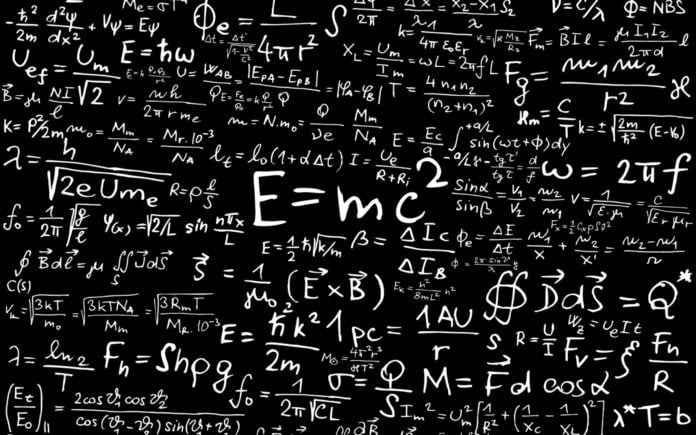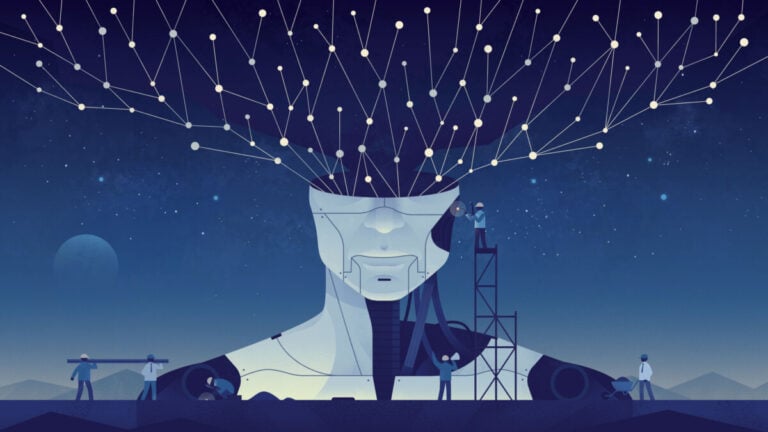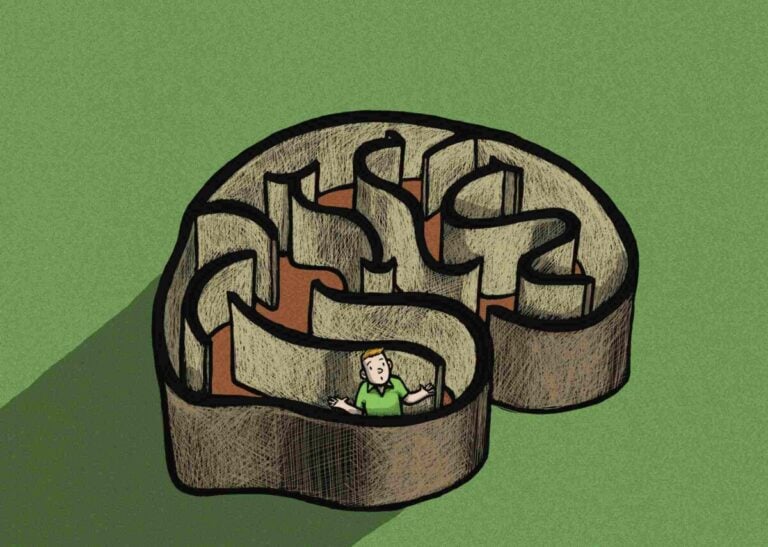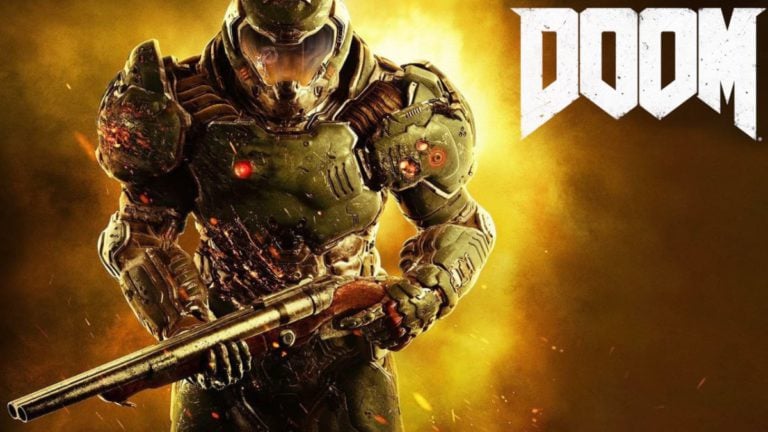A game is a process where two or more parties participate, fighting for the realization of their own interests. A player can be a computer that, like other players, has a goal and acceptable strategies to achieve it. How other players behave decides whether they lead to victory or loss.
Game theory is not just entertainment, to judge by its name. It was created to describe the conflict in terms of a mathematical model.
The task of game theory is to select winning strategies based on knowledge about other participants: what actions they will take with their capabilities and resources.
A certain set of strategies is available to the player. The participant chooses behavior depending on the possible moves of the opponent, which in a certain way affect the situation. Game theory is not just about maximizing your own benefit.
Where game theory is applied
It is used in economics and international relations. Biologists, since 1970, have been conducting research on the theory of evolution using the mathematical methods of game theory.
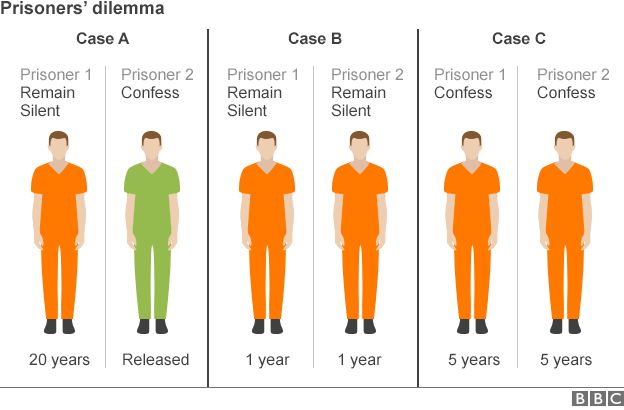
With its help, they study the behavior of animals. Also, this section of mathematics is in demand in the fields of cybernetics. Particular emphasis is placed on the study of artificial intelligence. Decision-making theory is rarely used by representatives of the social sciences – political scientists, psychologists, jurisprudence specialists and others. It is used in computer games and chess.
Military
When solving problems in military battles, you will have to strain. Game theory deals with military problems by looking for optimal strategies for solving the given problems for all players.
Military analysis is difficult to study because of its uncertainty in laws, logic and predictions. The algorithm for thinking differential games is unlike the solutions in the physical sciences. To get a detailed realistic picture of what is happening, the game is repeated many times. At best, the results will confirm the conclusion of the theory derived from the simplified model. War games have been played on board models more than once. The purpose of experiments is to confirm theories or to find alternative methods of analysis.
Scientists led by von Neumann should place anti-aircraft installations on American ships not intended for combat operations, because during the Second World War they did not fulfill their task – they did not shoot down a single enemy aircraft. The study led to the conclusion that the mere knowledge of the presence of guns would force the enemy to reduce the bombardment of merchant ships.
Differential games in military affairs do not need comments, since they are clearly visible and occupy a prominent role in models where the focus is on maneuvering; actions involving crime and retreat, as well as other tasks where you need to maneuver.
In conflict situations, enemies often become allies, which is helpful for studying coalition games. There are no perfect situations without problems, so one of the ways to solve problems of differential games is uncertainty. There are other approaches.
Management
In management, game theory solves problems with the choice of conducting an optimal pricing policy, when it is better to enter new markets. Understands who to designate as an executor, and who as a leader in the field of innovation. Game theory comes into play when decisions are influenced by other actors: work colleagues, sub-suppliers, important customers, and so on.
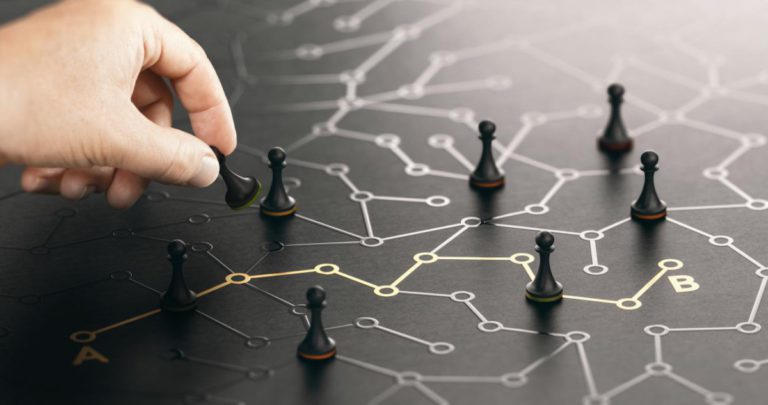
For companies, the case of a clash of interests between two competitors – IBM and Telex – is entertaining and useful. IBM management sought to use game theory to prevent competitor Telex from entering a new market. The analysis showed that IBM has nothing to worry about: high costs are not planned.
A company in a losing position might choose not to master market benchmarks if the calculations suggested a scenario in which a large company could aggressively fight back when attempts were made to thwart it. In any case, analyzing the behavior of a competitor is useful and entertaining.
Game theory conditions
The game is played according to a mathematical model of the situation with certain conditions.
- Multiple participants involved.
- The presence of behavior options for each of the players, which creates uncertainty in the situation.
- The interests of the players are opposed.
- Each of the participants influences other players with their decisions – the result of the game depends on this.
- There are game rules that players are aware of.
Historical background
With the development of economic theory in the 18th century, game theory was born. The first provisions and theories were set forth in 1944 in the book “Game Theory and Economic Behavior” by John von Neumann and Morgenstern.
Until 1950, game theory was just a theory and explored economic models. After the economic boom during the Second World War in the United States, game theory began to be introduced into biology, anthropology, and finance.
The brief essence of the theory of games in competition was formulated by von Neumann, who called the approach in which everyone is suboptimal for himself. Over the past 20-30 years, decision theory has attracted a lot of attention. In 2005, Nobel laureate in economics Thomas Schelling outlined modern economic theory in his book The Strategy of Conflict.

